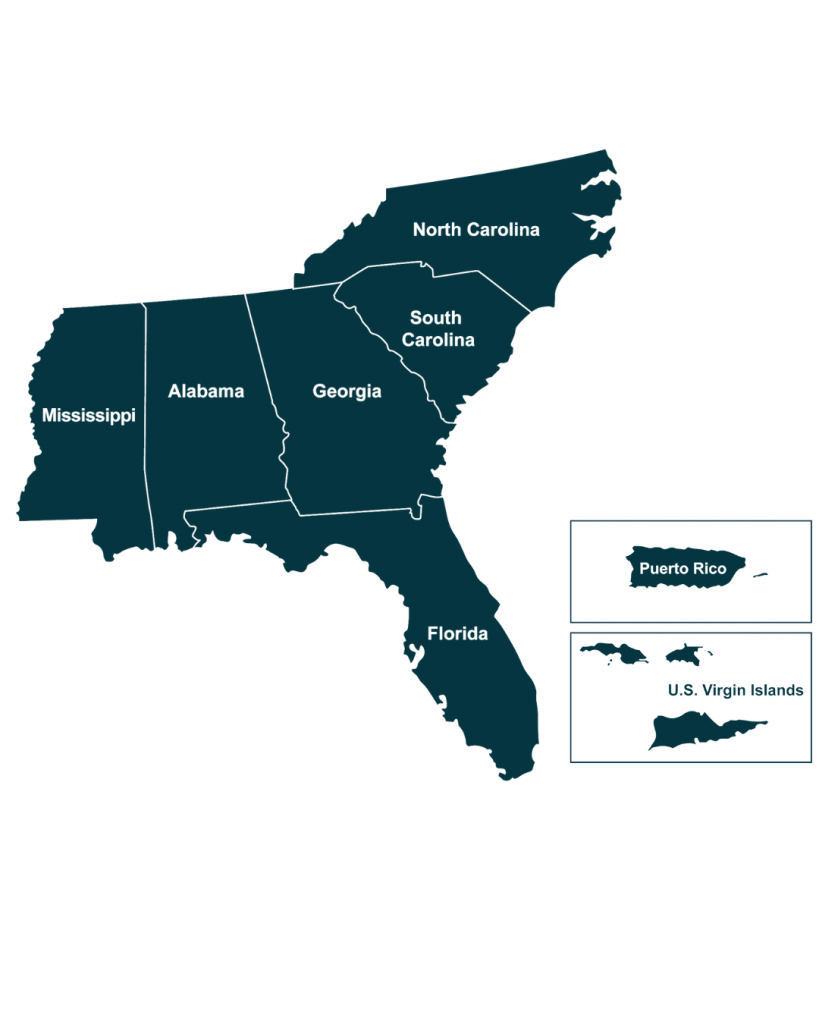Project Summary
Commercial ocean fishing is one of the most dangerous occupations in the world. Workplace-related illnesses, injuries, and deaths are not uncommon for commercial seafood workers. Many of these adverse outcomes are avoidable in this majority self-employed, uninsured essential workforce. This surveillance research project will assess commercial fishery worker safety in the southeastern U.S., focusing on the coastal Gulf of Mexico workforce in Florida and Alabama.
In collaboration with our community partners, the team will develop, validate, and implement an in-person questionnaire to discern fishery subsector-specific hazards and adverse outcomes associated with occupational injuries, illnesses, and mortalities in the region. Study outcomes will generate meaningful data to represent this largely self-employed and uninsured workforce, and provide feedback to these workers to stimulate awareness and support empowerment for personal, work-related health and safety. Research to Practice (r2p) using findings from this surveillance study will include the development of culturally relevant outreach and hazard interventions for Gulf coastal communities. These interventions will promote safety knowledge, skills, and self-oversight to reduce occupational injuries, illnesses, and deaths. Specific goals for the proposed efforts represent T0 (surveillance) to T2 (intervention and evaluation) phase contributions in translational public health research. These include (1) surveillance to discern occupational hazards and risk factors, history of injuries, and knowledge of co-worker deaths for workers engaged in multiple fishery subsectors along the Gulf Coast of Florida and Alabama, and (2) development and assessment of potential intervention(s) to address risk factors associated with specific hazards and negative health outcomes in the different fishery subsectors in the project study region.




